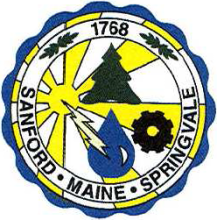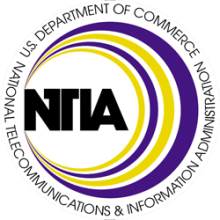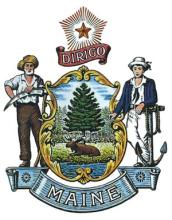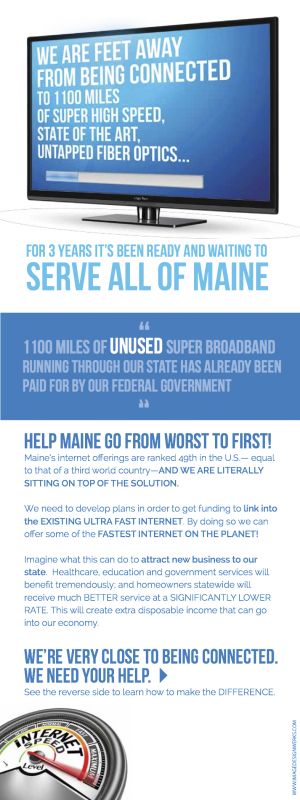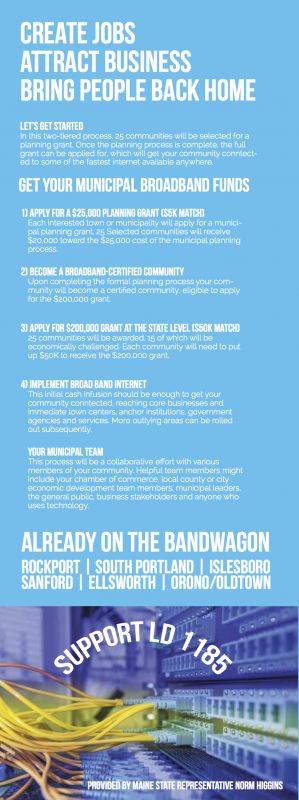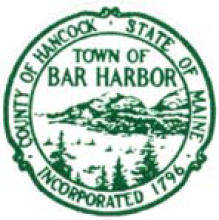The Old Town-Orono Fiber Corporation (OTO Fiber), the entity created by the cities of Old Town and Orono in Maine to design, install, maintain and manage a planned fiber network, recently received a grant for $250,000.
The funds, awarded by the Northern Border Regional Commission (NBRC), will help the communities commence their open access network project. According to a statement released by Maine Senators Angus King and Susan Collins, this was one of six awards to Maine communities. The other grants included road, sewer, and other municipally-owned facilities needed to maintain or grow jobs in the northern counties of Maine.
Congress created NBRC in 2008 as a state-federal partnership to encourage job growth in several northern counties of Maine, Vermont, New Hampshire, and New York that experience economic distress.
In 2014, Old Town and Orono, working with the University of Maine, had been awarded ConnectME funds for the project but the funding was blocked by Time Warner Cable. Those funds were meant to string approximately 4 miles of cable intended for integration into a much larger network to eventually connect to the state's Three Ring Binder network. The ConnectME Authority chose to withhold the funds, based on TWC's argument that this open access network would overbuild potentially 320 subscribers but OTO Fiber vowed to continue and seek funds elsewhere. The funding blocked by TWC amounted to $125,000.
Approximately 7,800 people live in Old Town; Orono is home to a little over 10,000 people and the Unversity of Maine where over 11,000 students attend classes.



